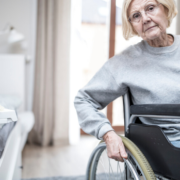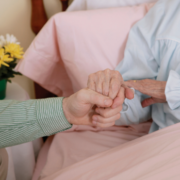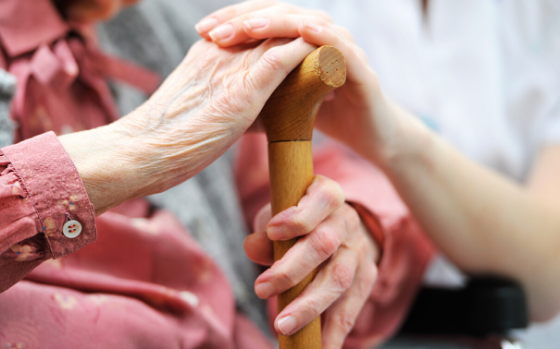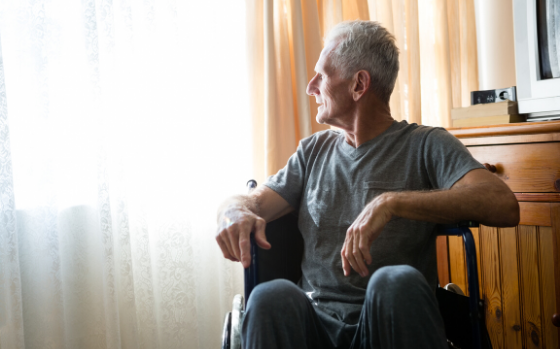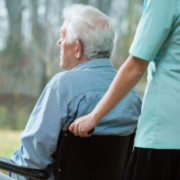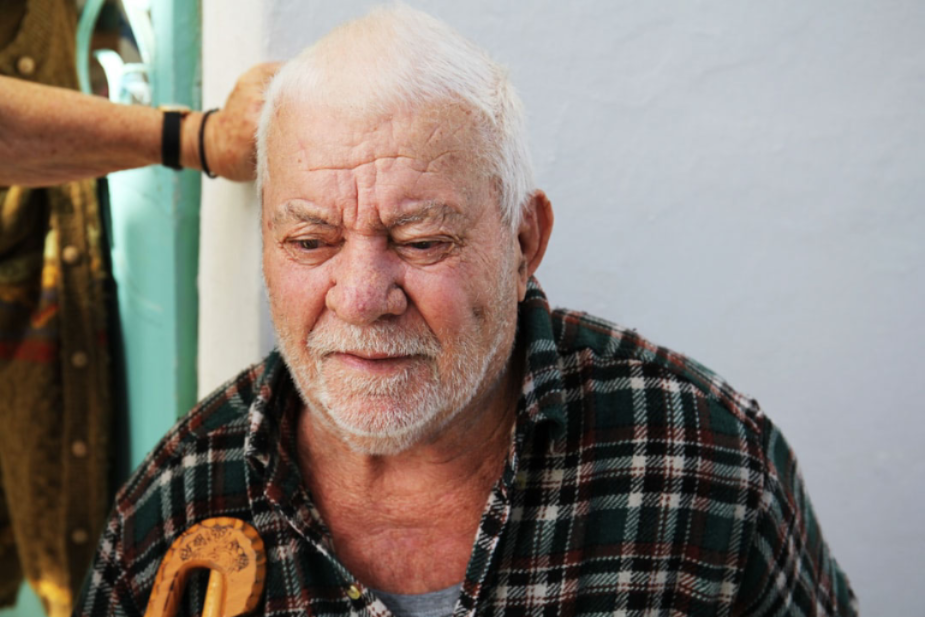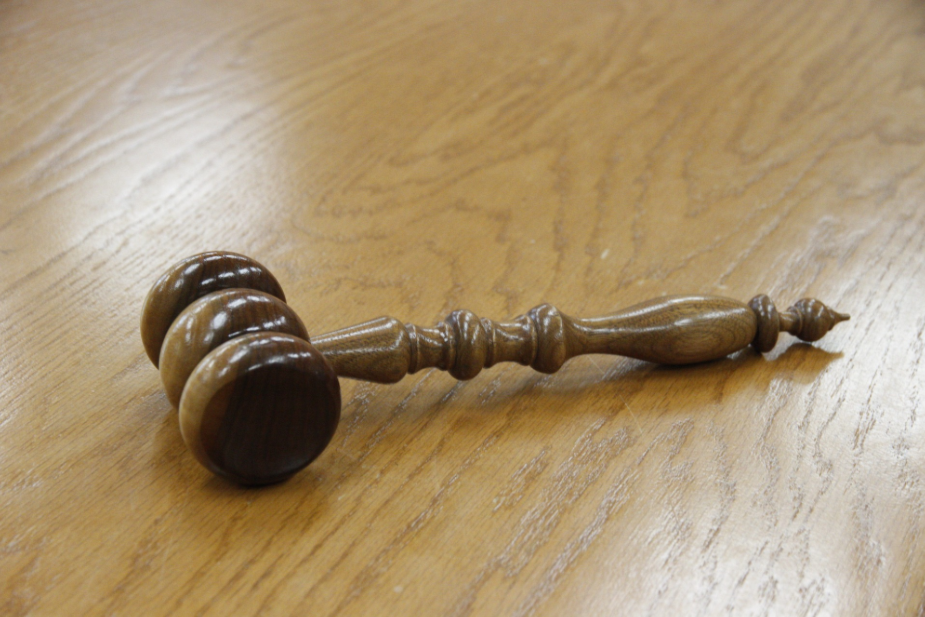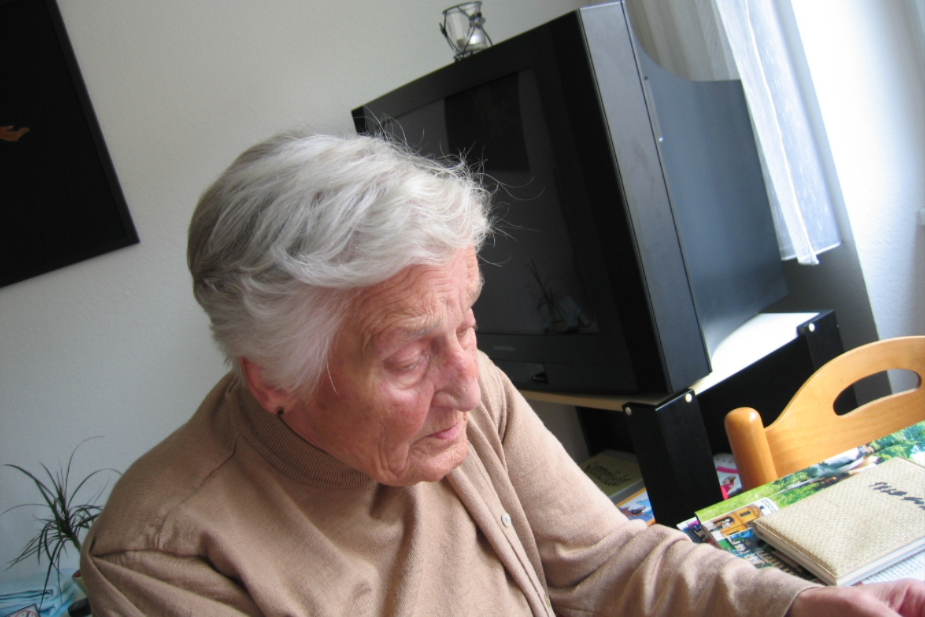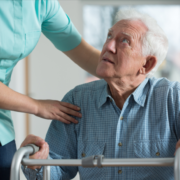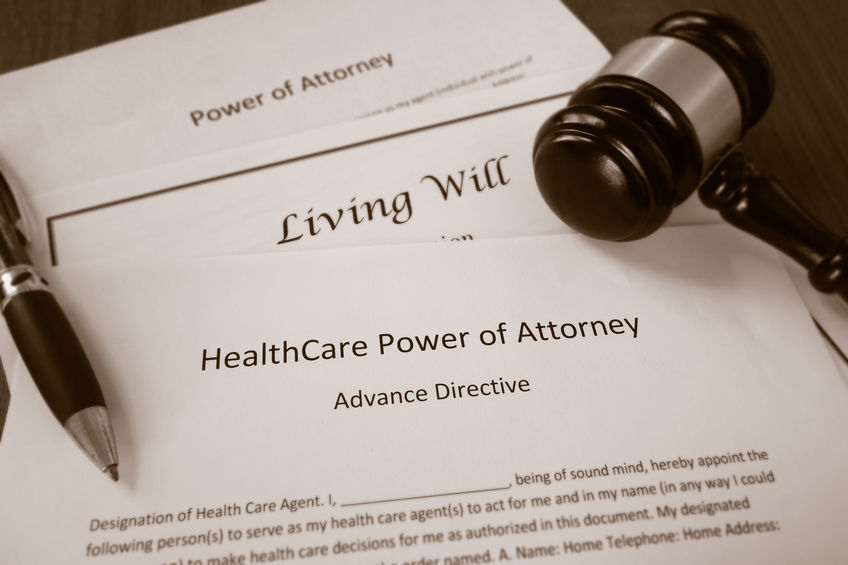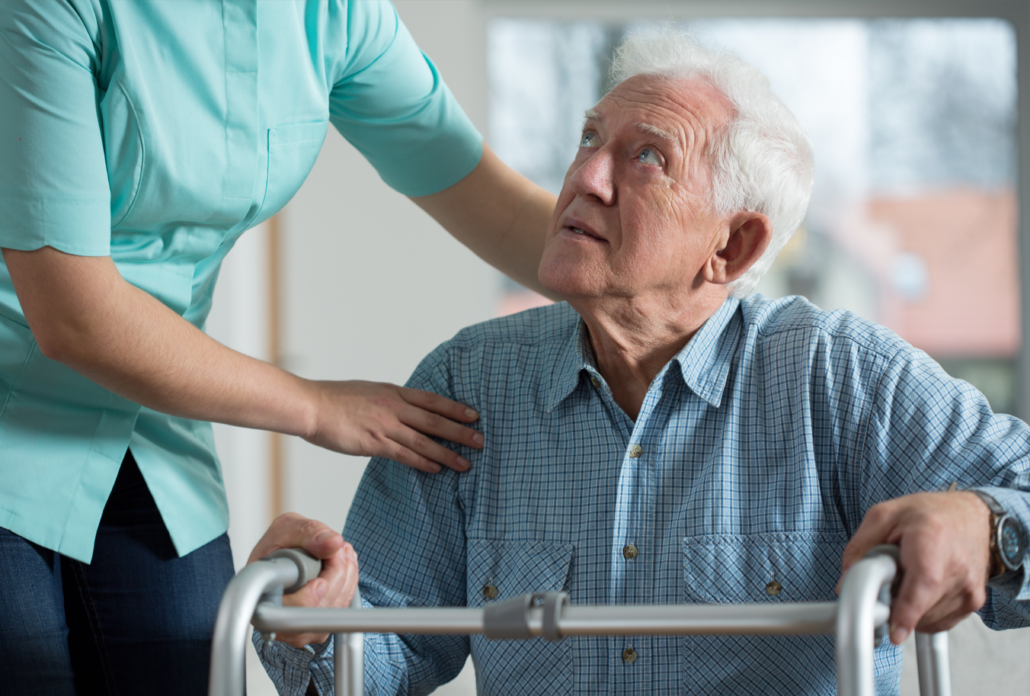Elder Abuse: What it Is, and How to Spot it
Elder abuse refers to the abuse or neglect of an elderly person or vulnerable adult, usually by a caregiver. A caregiver can be a medical or professional caregiver, or a family member or friend.
It’s surprisingly common, and many elderly people who are the victims of abuse will not speak up – out of shame, fear, or because of cognitive or other disabilities that make it difficult or impossible to adequately verbalize what they have experienced.
As the loved one of an elderly person who may be suffering abuse, you may be their only lifeline. It’s up to you to know the signs and take the steps necessary to protect your loved one.
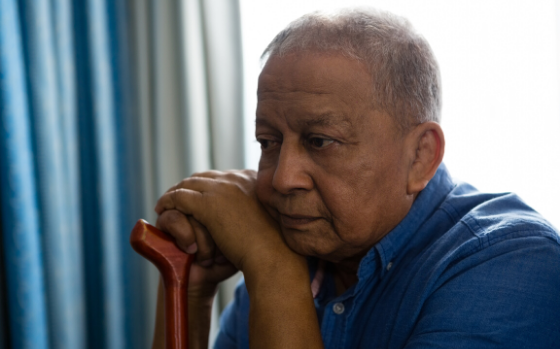
Who is Most at Risk of Elder Abuse?
Elder abuse can happen to any vulnerable adult and there have been a number of cases of elder abuse in the news where the abuse is taking place in a nursing home.
This type of abuse can also happen in the victim’s own home by a supposedly loving family member. In fact, that’s one of the more common scenarios.
Whether the abuse takes place in a nursing home or the victim’s home, there are certain risk factors everyone should be aware of. Those who are most vulnerable include:
- Women
- Socially isolated or home-bound individuals
- Those older than 80
- People with dementia or mental health issues
- Those with addiction issues
- People with serious or chronic illnesses
Signs Your Loved One is a Victim of Elder Abuse
Elder abuse takes many forms, and there are many kinds of symptoms depending on the type of abuse. What follows is a very general overview of signs to watch for if you suspect abuse with your elderly loved one:
- Physical signs such as cuts and bruises, burns, or an increased instance of falls or “clumsy” accidents, or broken bones
- Unexplained weight loss
- Depression, withdrawal, or marked changes in mood that are otherwise unexplained
- Increased anxiety, aggression, or agitation that is otherwise unexplained
- An increase in disorientation or confusion, particularly around the way an injury occurred
- A decline in hygiene, either in the person individually or their living space
- Declining financial circumstances, which may be the result of financial abuse
- Bedsores or other medical issues that go untreated
- Sunken eyes or cheeks—a sign of poor health, nutrition and circulation
Signs a Caregiver May Be Abusive or Neglectful
Caregivers, who may or may not be family members, are frequently the perpetrators of elder abuse or neglect.
When looking for signs of abuse or neglect, do not just keep an eye on the elderly person; pay attention to their caregiver as well. The caregiver’s behavior and their relationship with the elderly person may give you vital clues.
Some signs the caregiver may be abusive or neglectful include:
- Belittling, insulting, or harassing the elderly person
- Isolating the elderly person—not letting them have visitors, especially alone
- Tense interactions or frequent arguments between the two
- Mistakes surrounding the elderly person’s medication
- Excessive or frequent gifts given by the elderly person to the caregiver
- Controlling the elderly person’s finances—especially if the elderly person seems to lack basic needs such as food, water, adequate shelter, or medical treatment
- A lack of affection shown to the elderly person by the caregiver
- Controlling or violent behavior toward the elderly person
- Discussing the elderly person as if they were a burden
- Having a personal history of substance abuse, family violence, or an unrehabilitated criminal record
- Providing unconvincing or conflicting explanations of a physical injury

What to Do If You Suspect Your Elderly Loved One is a Victim Of Abuse
If you believe your elderly loved one is in immediate danger, you should call 911 or the police.
If you suspect abuse or neglect of your loved one but the danger is not immediate, you should also make your concerns known to a doctor, a friend or family member, or someone else you trust.
In Georgia, certain professionals including physicians, psychologists, nurses, social workers, clergy members, those who work for financial institutions, and more are legally required to report instances of elder neglect and abuse.
You can also file a report yourself by getting in touch with the Department of Human Services Division on Aging.
Finally, you should absolutely talk to a lawyer. Extricating an elderly loved one from an abusive situation often involves navigating lots of legal issues such as guardianship and conservatorship, while protecting your loved one. We have helped many people in this situation, and we can help you, too.
Call us now at (678) 738-0056. The consultation is free and our team is waiting 24/7 to take your call.

